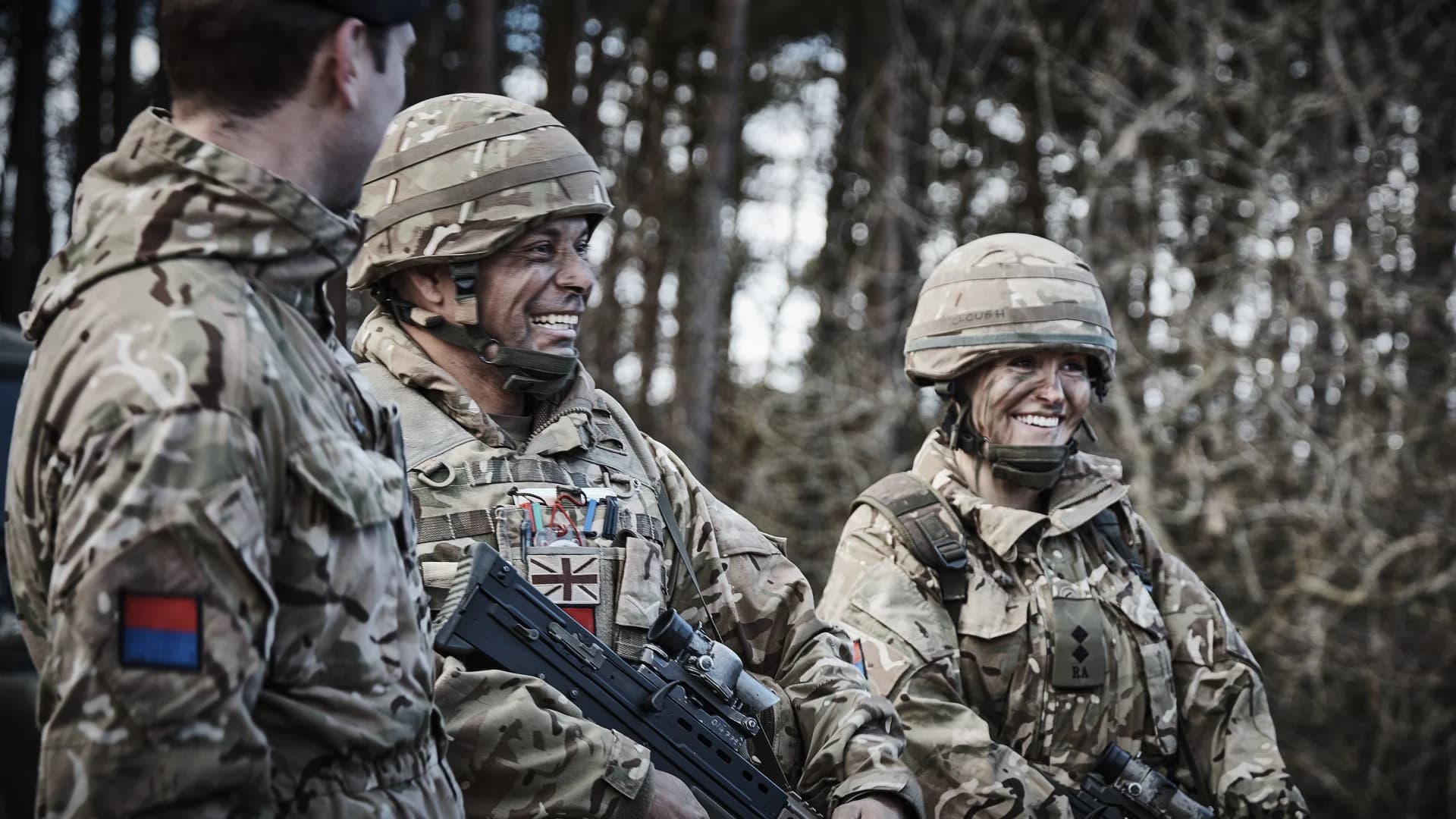
I've been looking at Combat Medic Careers and I am very curious as to what the differences are between Doctors and CMTs?

Additional information
I am 17, I have basic medical training but I've never been interested in medicine before now, hence why CMT interests me more than Doctoring.
Lucas W. asked a question to British Army
Category: Role Comparison
Date asked: Wednesday, October 16, 2019
Last reviewed: Sunday, December 8, 2019

Tori C.
Regimental Medical Officer
Hi Lucas,
I can help with the difference between doctors and CMTs.
Entry requirements
To train as a CMT you require GCSE Grade A*âC/9-4 in at least English Language and Maths.
To join as a Doctor you must already be at medical school or have completed medical school.
Training
CMTs are soldiers and will complete the same Phase 1 training as other soldiers in the Army. They then undergo a Phase 2 course which takes 22 weeks and gives you a Level 3 Diploma.
Doctors are officers and complete the short commissioning course at Royal Military Academy Sandhurst, they then complete a Phase 2 course for Postgraduate Medical Officers.
Role in the Army
CMTs have lots of very varied roles within the Army, they often learn many other skills - for example a CMT at an Armoured Medical Regiment may be trained as a driver for Armoured vehicles.
Doctors undergo primarily clinical work.
CMTs and Doctors work closely together, usually a team of CMTs will be led by a Doctor (or a nurse or paramedic). CMTs are not registered with a governing body like other healthcare professionals and as such must work under supervision from a professional that is registered - this does not always mean direct supervision, it may simply be that they have someone they can contact to discuss problems and queries with. The treatment a CMT can provide may also be slightly more restricted than what a doctor can do, both in terms of some skills, but also in which drugs they are allowed to give.
Leaving the Army
CMTs at present are unable to continue the work they do in the Army in the civilian world without undergoing further qualifications - whether that is paramedic training, nursing or emergency medical technician training. Although I believe the Army is working to ensure all CMTs are also qualified as EMTs.
Doctors leaving the Army are qualified to work in the civilian world as well.
While both jobs can be clinical, they are quite different roles. I hope that answers your question.
Tuesday, October 22, 2019
Quincy M.
I'm almost 17 and from NW London and have been considering this role for a year or two but my main question is as follows. Is it possible for a medical school graduate to join the RAMC as a CMT instead of as a Doctor? I would really like to know if Doctor's can choose to take a more combat-oriented role.
Thursday, December 5, 2019

Tori C.
Regimental Medical Officer
Yes you could finish medical school and then join as a CMT instead of a Doctor, however I would advise you to think about that decision carefully.
In terms of combat, CMTs practice under the Geneva convention just as doctors do, neither will actively take part in offensive combat. Both carry weapons for self defence.
In terms of deployments with soldiers taking part in combat, as a doctor you can ask to be posted to the infantry/specialised infantry/special forces and subsequently there is also the opportunity to volunteer for deployments.
Lastly, it is a very expensive degree to do and in terms of career progression and financial benefits, joining as a Doctor would make more sense.
But it is of course your choice to make! Let us know if you have any more questions. Best of luck with your degree.
Sunday, December 8, 2019
This discussion is closed, so no new comments can be added.